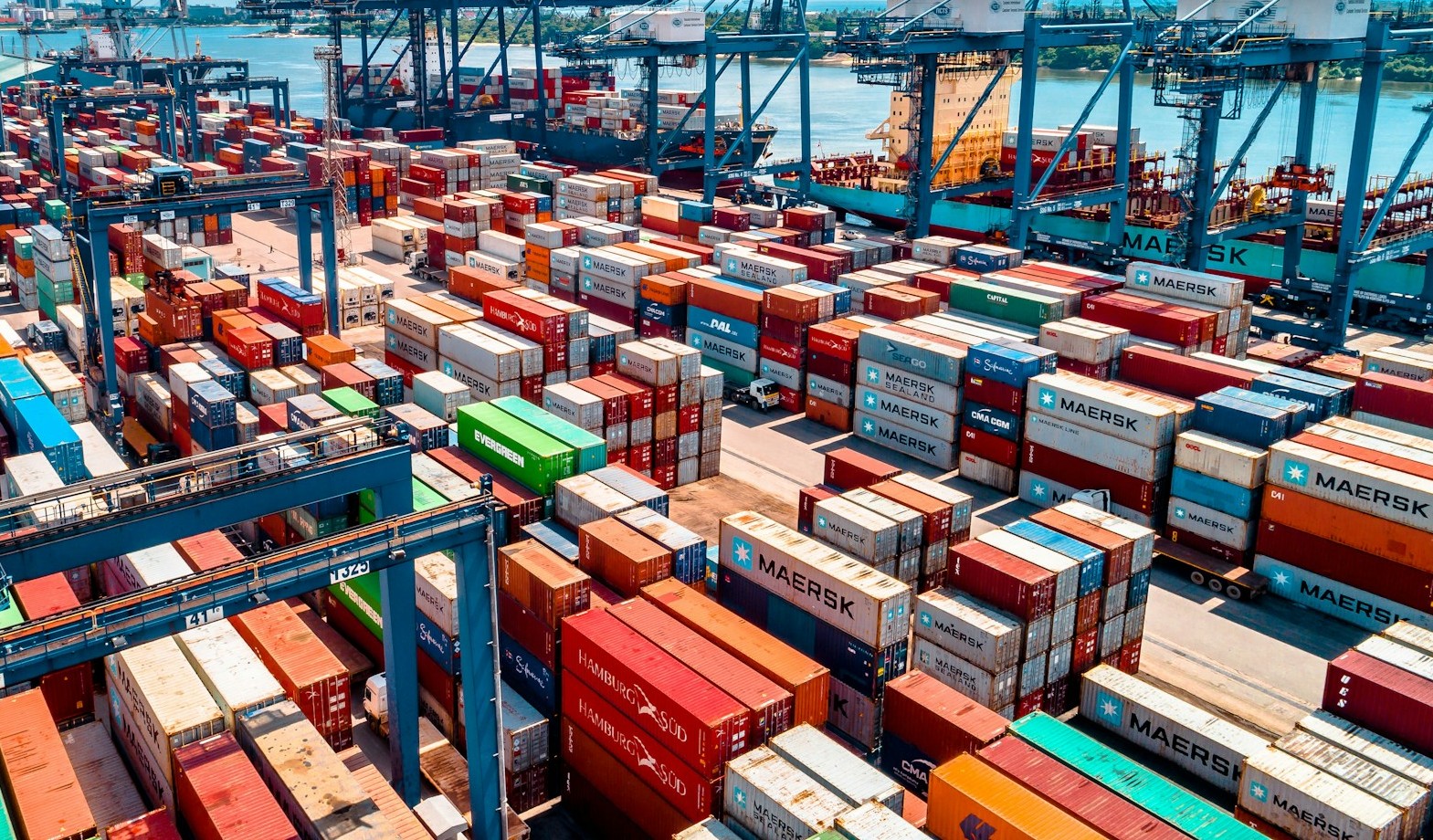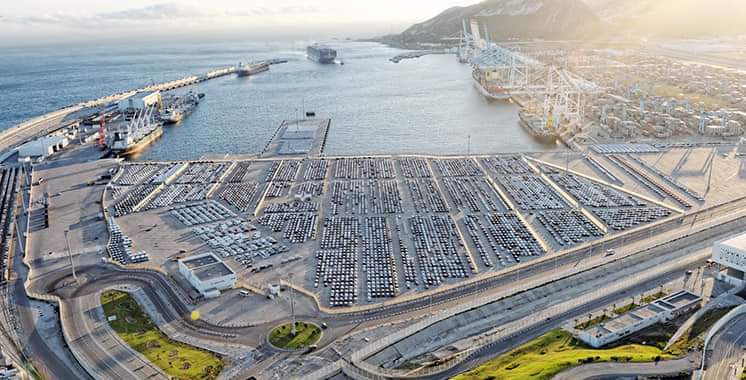Casablanca – Morocco’s customs revenues continued their upward trend in 2025, reflecting the country’s robust trade activity and resilient fiscal performance despite global uncertainties. According to the General Treasury of the Kingdom, net customs revenues reached $8.61 billion by the end of October 2025, representing an increase of 9.5% compared with the same period in 2024.
This performance was primarily driven by higher import taxes and value-added tax (VAT) revenues, while receipts from energy-related taxes showed mixed trends amid evolving global fuel prices. The Treasury’s monthly public finance bulletin noted that the total figure includes revenues from customs duties, VAT on imports, and the domestic consumption tax applied to energy products, after accounting for refunds and exemptions amounting to $8.66 million.
Strong growth in customs and import taxes
Net revenues from customs duties exceeded $1.44 billion, a 4.9% rise compared with October 2024. The increase reflects both a higher volume of imported goods and improved efficiency in customs collection. Officials have attributed part of this growth to Morocco’s expanding trade partnerships, particularly with the European Union, China, and African markets, which continue to boost import flows of manufactured goods, industrial materials, and consumer products.
Meanwhile, VAT revenues on imports—which constitute the largest share of customs income—rose by 8.3% to $5.37 billion. This growth underscores the sustained dynamism of domestic demand, as Moroccan consumers and businesses continue to rely on imported goods ranging from industrial inputs to finished products.
However, the Treasury highlighted a notable divergence within VAT categories: receipts from VAT on energy products fell by 3.3%, reflecting both a moderation in international oil prices and Morocco’s growing efforts to diversify its energy mix. In contrast, VAT revenues on non-energy imports rose sharply by 10.7%, supported by strong imports of vehicles, machinery, electronic equipment, and agri-food products.
Energy-related tax receipts show mixed results
Revenues from the domestic consumption tax on energy products reached $1.80 billion, representing a significant 17.5% increase year-on-year. This improvement, according to fiscal analysts, may be linked to rising domestic consumption of energy and refined petroleum products, as well as improved compliance and collection mechanisms. The Treasury also noted that this figure accounts for $5.36 million in tax exemptions and refunds.
Despite the mixed evolution of energy-related VAT revenues, the overall fiscal contribution of the energy sector remains substantial. Morocco continues to import large quantities of refined petroleum products to meet its domestic energy needs, even as the country accelerates its renewable energy strategy. The balance between energy imports and the growth of renewables—especially solar and wind power—has begun to influence customs receipts, particularly as more investment flows into local energy production and infrastructure.
Broader fiscal and economic implications
The strong customs performance reflects Morocco’s broader economic resilience in 2025. Trade activity has been bolstered by recovering global demand, stable exchange rates, and targeted government measures to support industrial and export-oriented sectors. The rise in customs revenues also provides the government with additional fiscal space to finance public investment projects and social programs without resorting to excessive borrowing.
Fiscal experts note that customs income remains a key pillar of Morocco’s budget, accounting for a significant portion of total tax revenues. The government has been working to modernize customs operations through digitalization and enhanced monitoring systems, which have improved transparency and efficiency at ports and border points.
However, challenges remain. The decline in energy-related VAT revenues points to the sensitivity of Morocco’s fiscal balance to fluctuations in global commodity prices. As international energy markets stabilize, the government will need to maintain careful management of fuel import costs while advancing domestic energy production.
Outlook for the remainder of 2025
Looking ahead, Morocco’s customs revenues are expected to remain strong through the end of the year, supported by steady imports and improving collection mechanisms. The country’s trade balance may, however, be affected by external factors such as shipping costs, global inflation, and the performance of key trading partners in Europe and Asia.
The Treasury’s data suggest that Morocco’s fiscal policy continues to strike a balance between supporting economic growth and maintaining revenue stability. By expanding the tax base and strengthening administrative efficiency, Morocco is gradually reducing its exposure to external shocks and building a more sustainable revenue framework.
In the coming months, analysts expect customs revenues to benefit further from seasonal import peaks related to the agricultural and industrial sectors. The resilience of Morocco’s trade flows, combined with prudent fiscal management, is likely to keep customs receipts at record levels—solidifying their role as a cornerstone of the kingdom’s public finances in 2025.
Morocco’s customs revenues surpassing $8.61 billion by October underscores the country’s strong trade and fiscal performance. While import-related taxes continue to grow, the mixed trends in energy taxation highlight ongoing shifts in consumption patterns and the evolving structure of the Moroccan economy—an economy that is increasingly diversified, outward-looking, and fiscally disciplined.
















